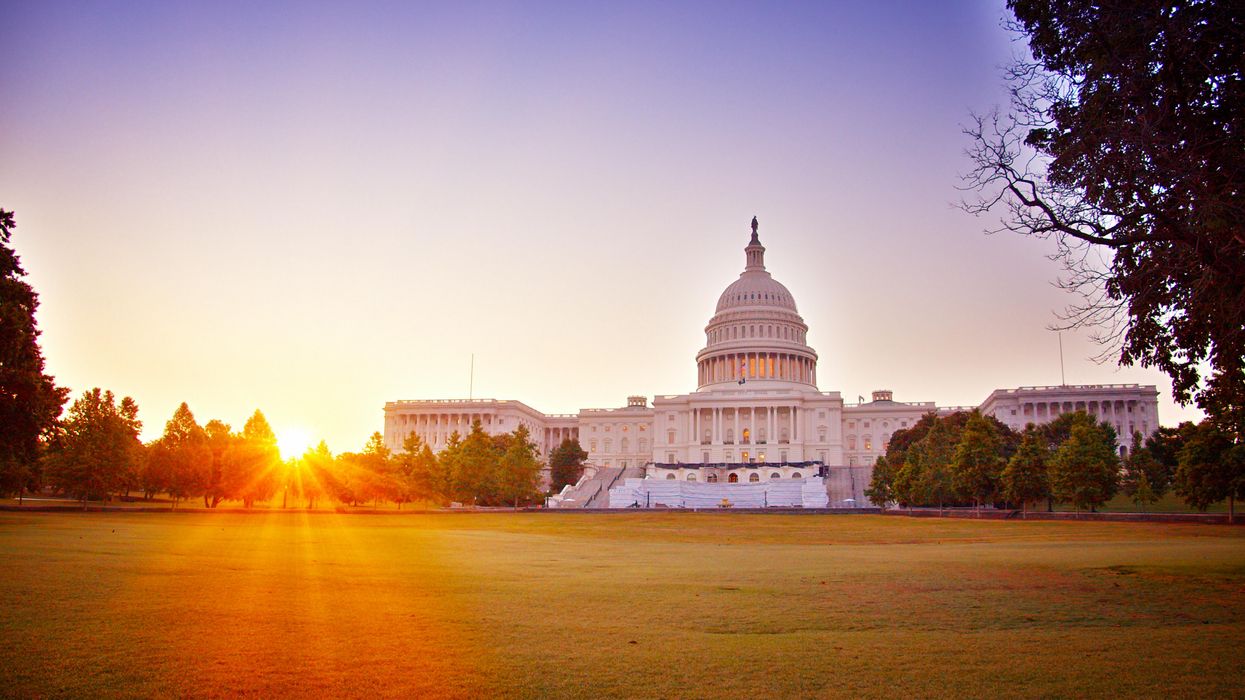Fitch is the president & CEO of the Congressional Management Foundation and a former congressional staffer.
Americans have such a negative view of Congress in part because they are fed a steady diet of bad news about their lawmakers, and not all of it accurate. There are certainly an enormous host of problems plaguing the institution. But accusing your member of Congress of being “lazy” is neither fair nor accurate.
This sentiment was prompted by a headline: “ Mad at UPS Workers Making $170,000? Congress Makes More and Works Less.” The article assessed congressional work as only the time the full chamber was in session – which is only a fraction of the work done by elected officials. This makes as much sense as assessing the work of a television reporter by counting how many hours she’s on air. In fact, Congressional Management Foundation research shows that while lawmakers work on average 70 hours a week when Congress is in session, they work close to 60 hours a week during recesses, or district work periods.
Most Americans have a fairly negative and justified opinion on how Congress performs. However, America rarely sees the full scope of Congress at work. Most of the work members of Congress perform is not in front of television cameras. In Washington they spend most of their time doing exactly what you would want them doing: legislative activity, such as attending hearings or working with colleagues. The majority of their time back home is spent on constituent activities: either meeting with groups of constituents or visiting local companies, nonprofits, and schools in their community.
Another surprising finding of the research on how federal legislators spend their time was the discovery that the majority of Representatives do not spend a lot of time fundraising for their campaigns. Lawmakers in tough re-election campaigns or in the House or Senate leadership spend an inordinate amount of time collecting donations, but that represents about 5 percent of Congress. The vast majority of members of Congress spend five to 10 hours a week on “political activities,” either raising money for their own campaigns, holding campaign events or supporting their colleagues.
Some years ago the Rasmussen polling company asked in a national survey if the public agreed with this statement: “Most members of Congress care what their constituents think.” Only 11 percent agreed with that statement. Yet, when members of the House of Representatives were asked in a survey what was the most important aspect of their job, the top answer, noted by 95 percent of respondents, was “Staying in touch with constituents.” Politicians cite both ethical and political reasons for maintaining a firm understanding of public opinion in their states. Lawmakers genuinely want to understand the nuance of public policy and how their decisions could affect their constituents.
For years I supervised interns who worked on Capitol Hill. At the end of their three-month stints, I always asked the same question: “What belief or stereotype about Washington and Congress was debunked during your time here?” The most common answer went something like this: “I was surprised at how much you people wrestle with trying to figure out the right thing to do, and how much you worry about the impact of your decisions on constituents.”
If you spend a little time in the real Washington – not the one you see on the front pages of newspapers or in the movies – you’ll come to the same conclusion.




















Trump & Hegseth gave Mark Kelly a huge 2028 gift